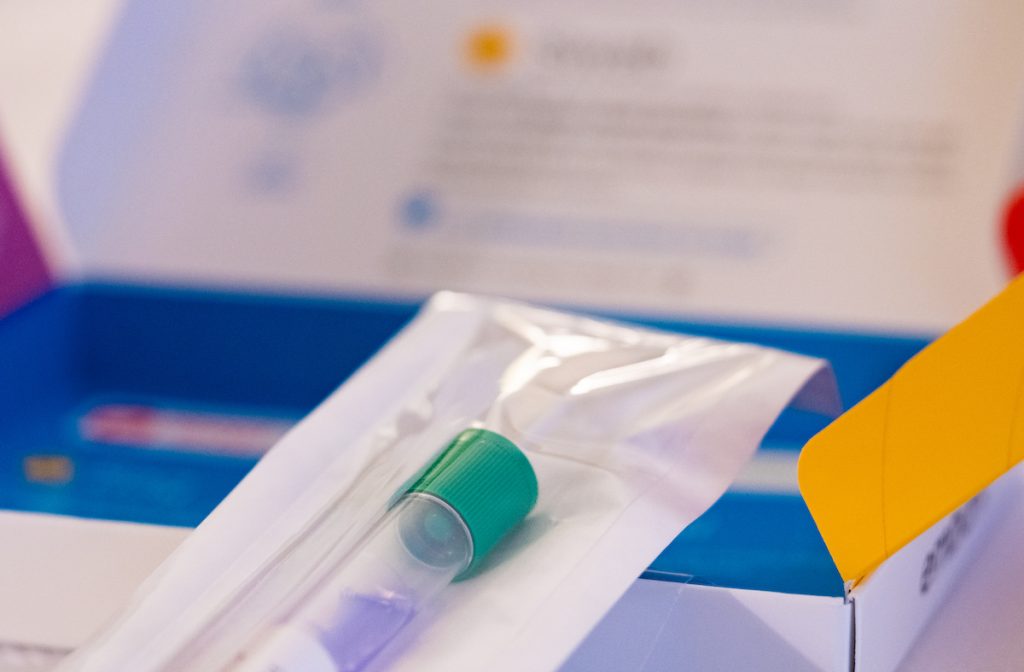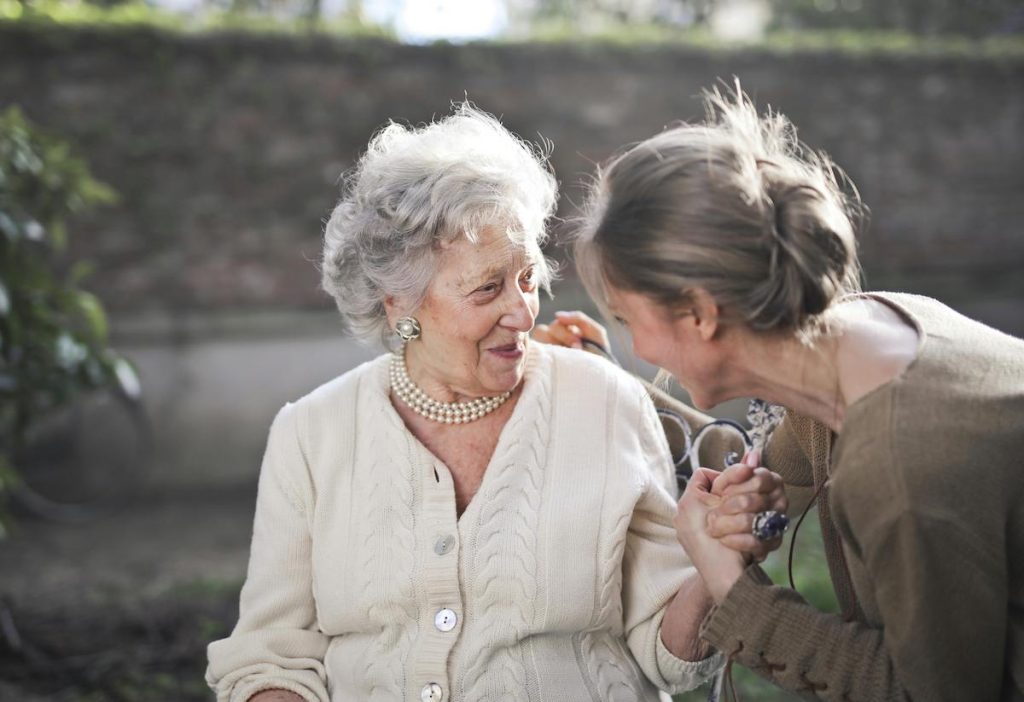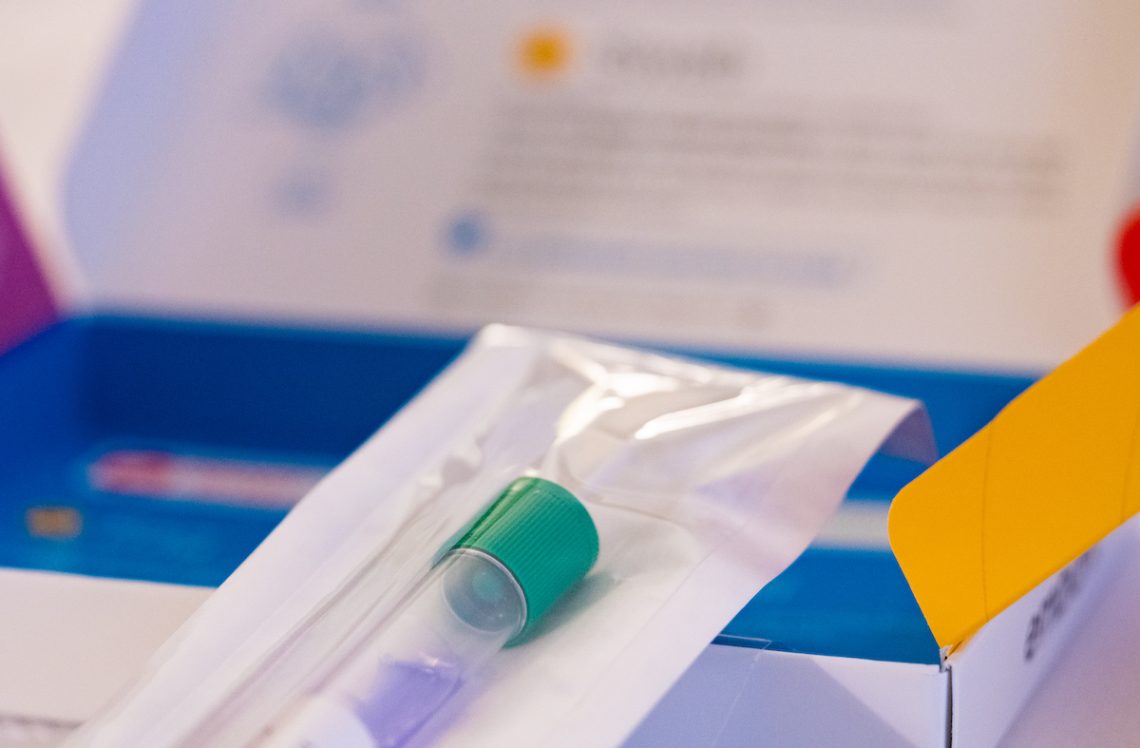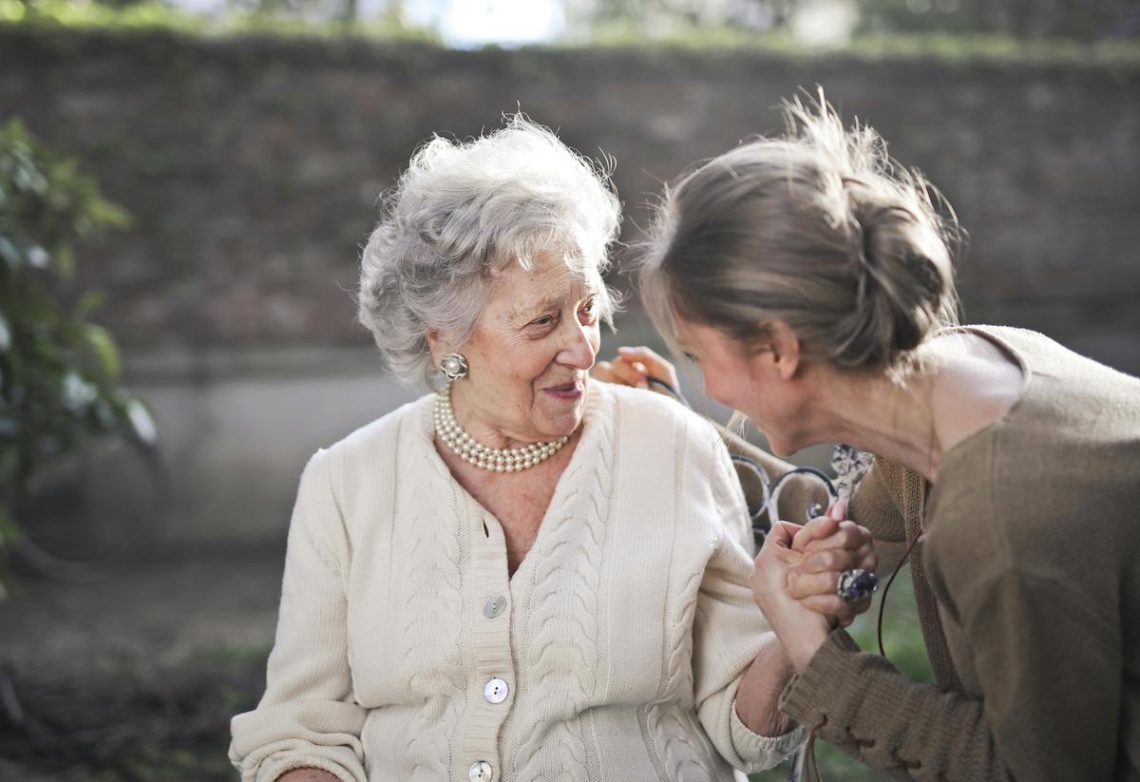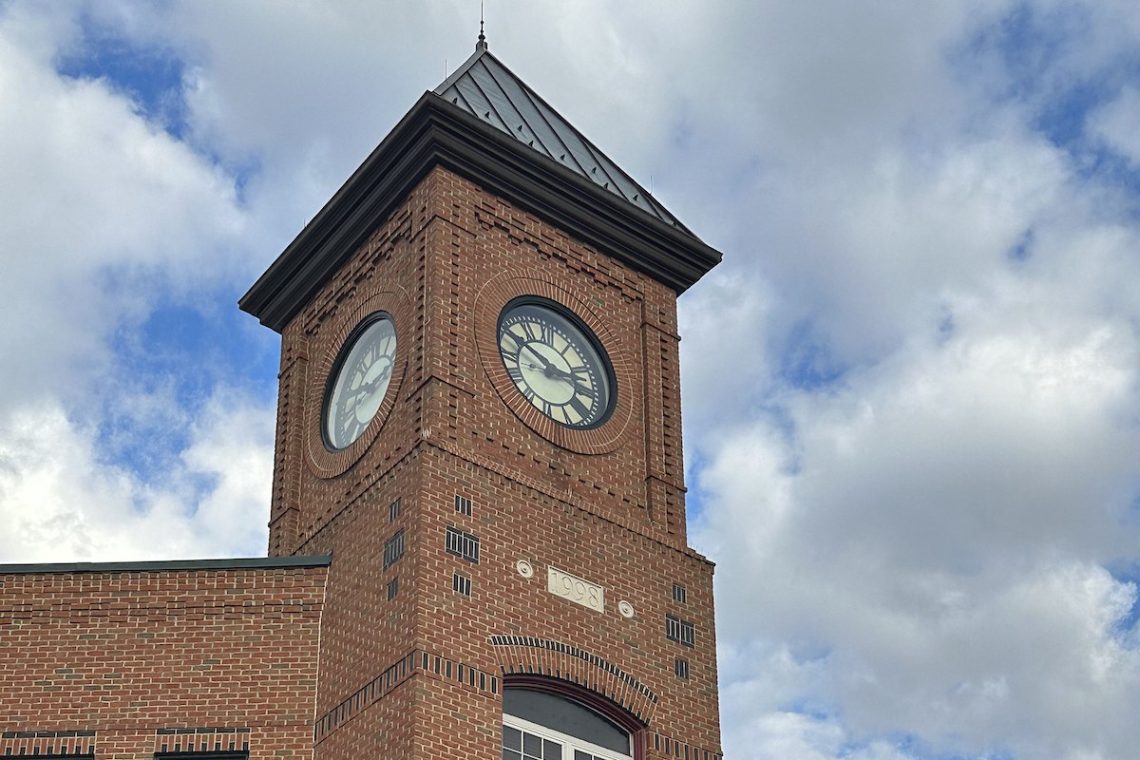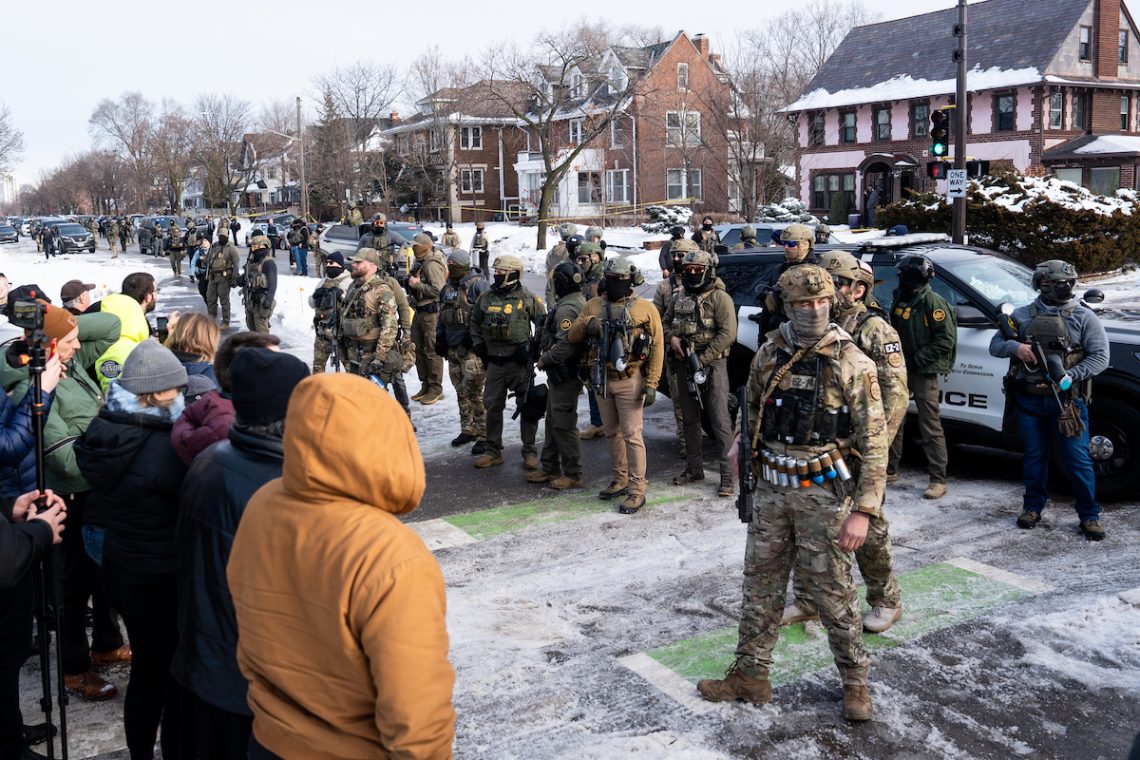Health Beat
Monitoring the Pulse of Health Care Journalism
Ad
-
How to care for your mental health over the next few years
A second Trump administration will likely make health reporters’ jobs more chaotic (again). Here’s how journalists — and a psychologist…
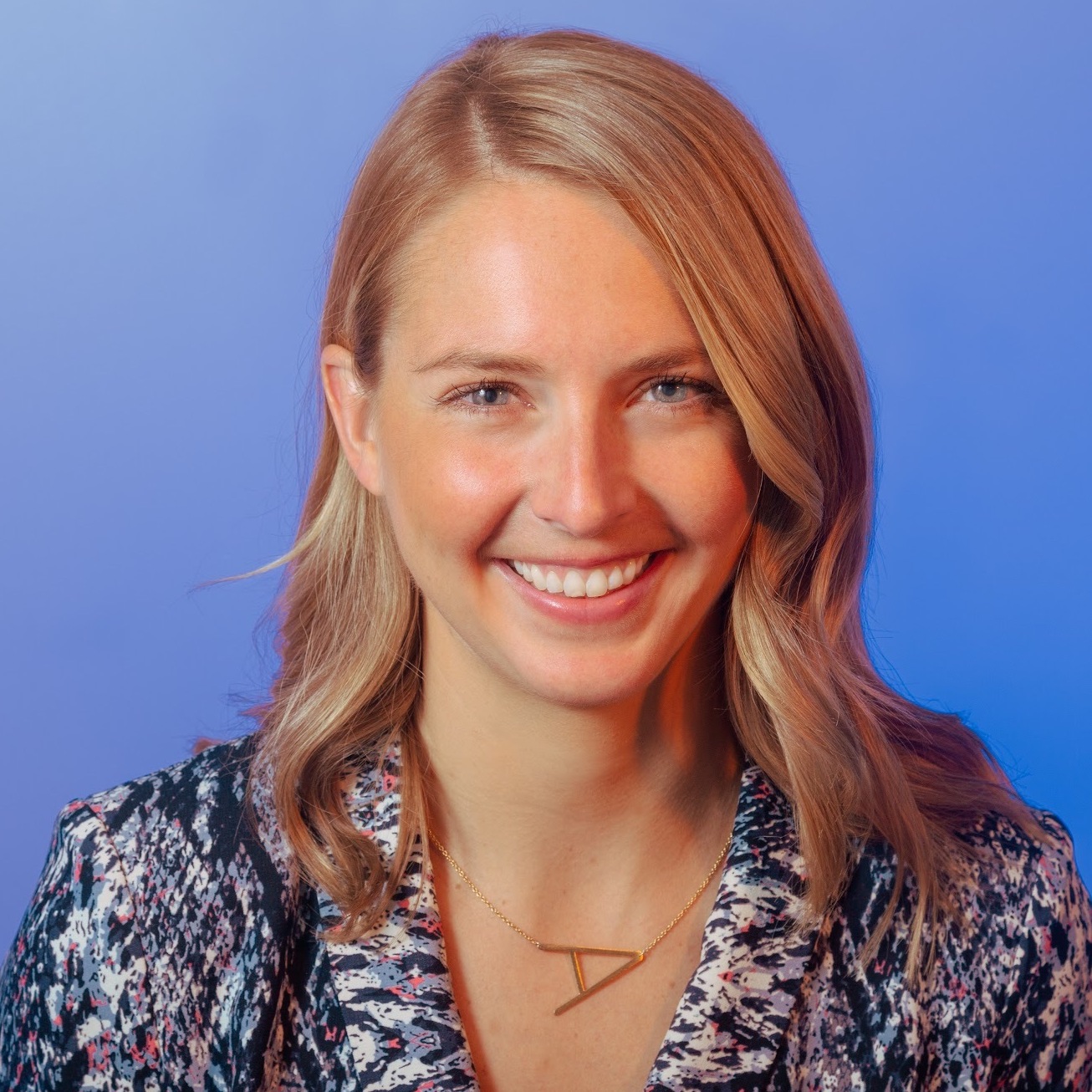
-
Report shows weak hospital and health plan price transparency across 10 US markets
A recent report on health industry price transparency identified fees hidden from employers — raising questions on what else was concealed.

-
How freelancer Mohana Ravindranath covered direct-to-consumer medical tests
Take an inside look at freelancer Mohana Ravindranath’s investigation into the rise of direct-to-consumer preventive screening tests.

-
New issue brief documents what’s at stake if Medicaid HCBS are cut
A new KFF report lays out how much states rely on Medicaid HCBS to pay and assist caregivers, and how…

-
Private equity and the money behind nursing homes
As more nursing homes come under private equity ownership, one troubled chain is now mandated to complete its sale under…

-
Vaccine injury compensation in the U.S.: Current practices and future prospects
In this webinar, hear from the Expert Vaccine Analysis Team about potential big changes to the federal Vaccine Injury Compensation…

-
Deep federal cuts will make health care financially toxic, driving up medical debt
Federal cuts to Medicaid, Medicare and other health programs will make it much more difficult for families to pay for…

-
How reporters can use The Trace’s Gun Violence Data Hub
We checked in with Aaron Mendelson, the news developer for the Gun Violence Data Hub, to talk about how the…

-
Is ICE undermining patient privacy by using Medicaid data?
A December court decision allowed federal ICE agents to use Medicaid data to identify where people live as part of…

Featured Resources
Work the Health Beat.
Get exclusive news and training opportunities from AHCJ in your inbox once a week.

